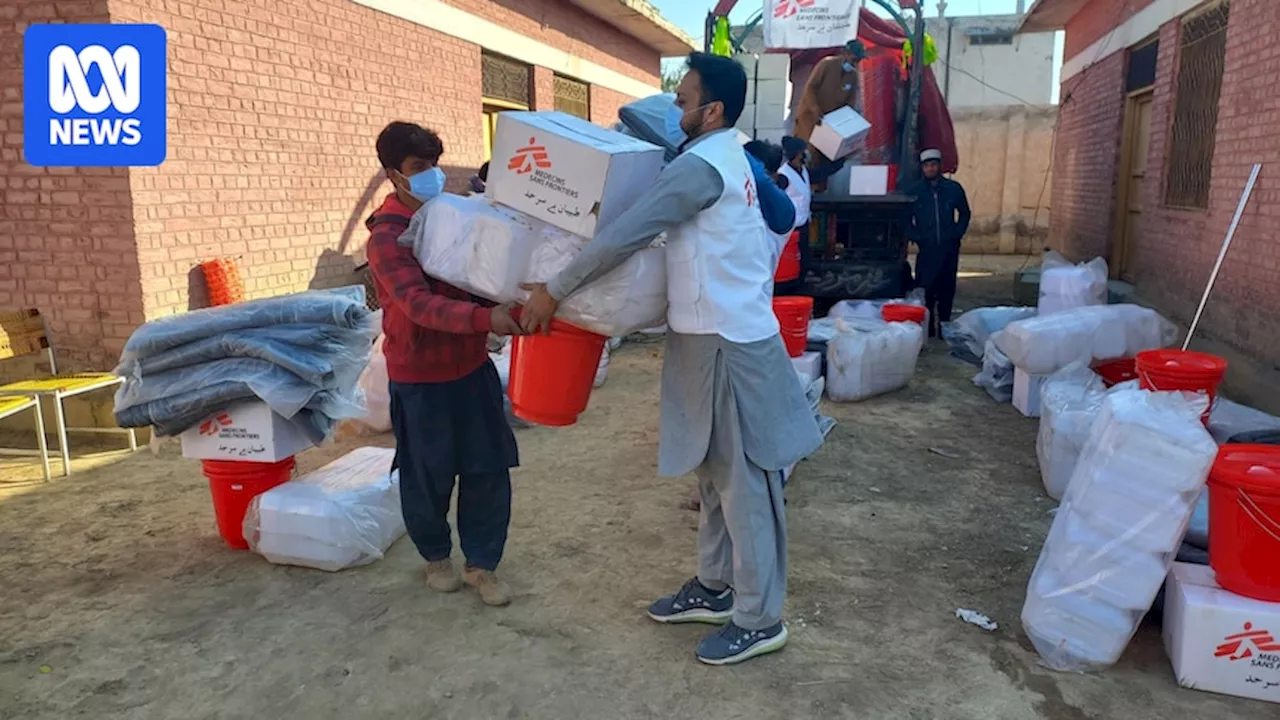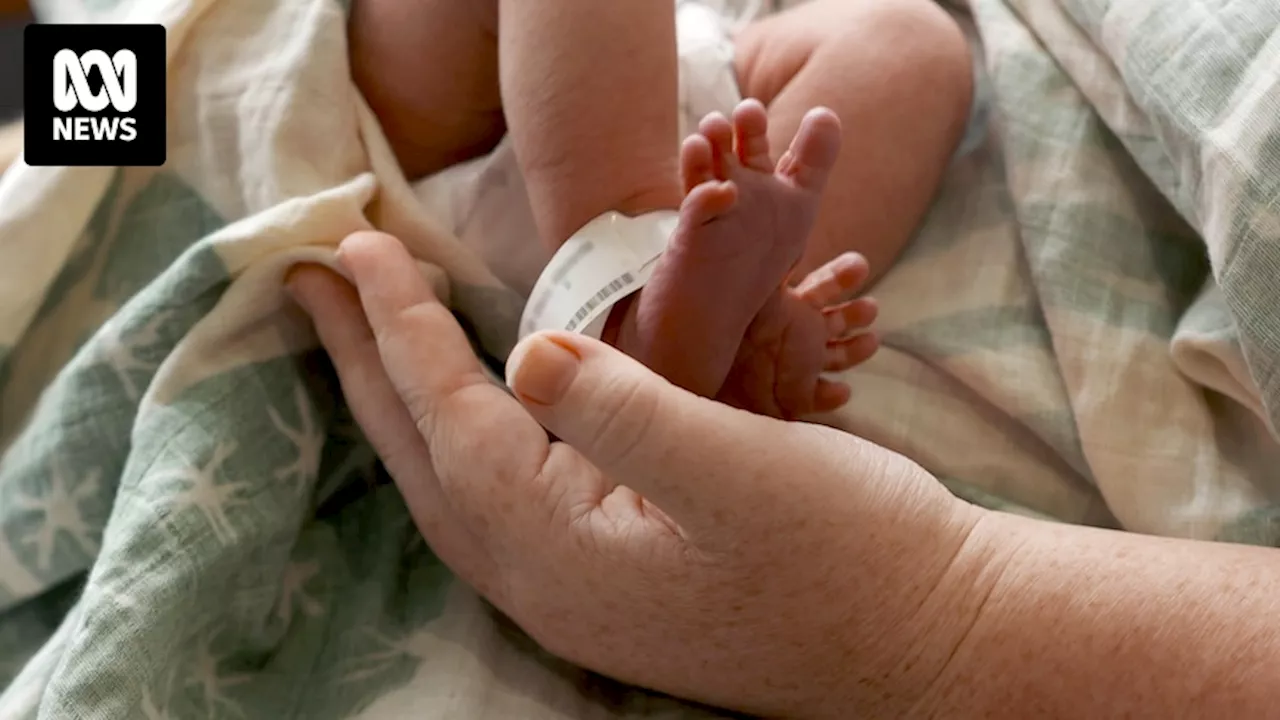Professor Jennifer Martin, a clinical pharmacologist and president of the Royal Australasian College of Physicians, discusses the pressing issue of medicine shortages in Australia, emphasizing the need for a comprehensive national strategy.
For many Australian women struggling with menopause symptoms, finding the hormone therapy patches that provide much-needed relief has been as futile as shopping for a leg of ham on Christmas Eve. Without the patches – and there have been numerous shortages in recent times – women are left to manage the often debilitating symptoms of menopause, such as hot flushes, night sweats, and vaginal dryness, without adequate support.
This situation is not unique to hormone therapy patches; the past year has been particularly bad for Australia’s medicine supplies across the board. Hundreds of medicines have been in short supply, including antibiotics, pain relievers, and blood thinners. As a clinical pharmacologist, I know medicine shortages are nothing new. We have run out of common medicines in the past – penicillin and other antibiotics, for example. It is our job to ensure our patients feel the effects of shortages as little as possible, by quickly adapting and suggesting alternative medicines and doses to produce the same outcome. But as shortages become more common, this is becoming increasingly difficult. The reality is, we are at the behest of the global supply chain. Australia imports about 90 per cent of its medicine, and this makes us incredibly vulnerable to any supply disruption. Since the pandemic, we have learnt just how fragile supply chains can be, and with the current geopolitical climate, they may become even more so.While this commitment to new high-value medicines is promising, my message to the government is to come up with a comprehensive approach to medicine shortages and supply across all medicine types. We need to boost the long-term health sovereignty of our country, while also acknowledging that medicine shortages affect some groups more than others, so health equity must be a factor in assessing what treatments to focus on. A further $1.9 billion was contained in the 2024-25 budget for health research as part of the prime minister’s ‘Future Made in Australia’ scheme. As the package is focused on the development of new health treatments and technologies, it is unlikely to address our shortage of existing medications. IV fluids – which are used to treat dehydration, as well as during surgery and a wide range of other day-to-day medical procedures – are essentially nine grams of salt in a litre of sterile water. Making them in Australia would not require significant innovation, but rather the establishment of quality manufacturing. The same can be said for other, older medications on which we are heavily reliant: Antibiotics are needed to safely perform caesarean sections, surgeries, transplants and to support cancer treatment, blood thinners and even head lice treatments, to name a few. Don’t get me wrong – research and development are important. We wholly support the ‘Future Made in Australia’ scheme investing in emergent treatments for groups whose health needs have been neglected for too long, including women, people with chronic pain, and alcohol and other drug dependencies. But we need to boost our sovereign capability when it comes to existing medications, too. Imagine the benefits, not just for patients, but for jobs and the economy. My home of Newcastle, with its coal port and history of heavy industry, is no stranger to economic transformation. Can you imagine if the city were able to harness its existing infrastructure and population and transform into a world-class medicine manufacturer? Australia could rely less on imports and have more control over medicine supply while providing jobs for communities transitioning away from fossil fuels. Boosting local manufacturing should be a crucial part of the government’s strategy to tackle medicine shortages. And there are other things they should do, too. They should require manufacturers and importers to be more proactive in telling the Therapeutic Goods Administration about shortages and discontinuations. Sitting on this information means less time to plan for alternatives, and more pain for patients. They should harness big data analytics to better track and share information about medicine stocks between states and territories, medicine suppliers and health services. This will not happen without national leadership. It is also important to recognise the human dimension in all of this. Doctors, healthcare workers and clinical pharmacologists are all needed to provide patients with quality care and advice regarding medications. This is extremely difficult when health services are understaffed, as is often the case. The federal government must play a leadership role in supporting the states and territories to address the health workforce crisis. Australians should not have to go from pharmacy to pharmacy in desperate search of basic medications. They should not have to cut their pills in half to ration them or put up with unpleasant and avoidable symptoms. We can do better than this, and we can create jobs and boost our economy in the process
MEDICINE SHORTAGES AUSTRALIA HEALTH SOVEREIGNTY MANUFACTURING SUPPLY CHAIN GOVERNMENT POLICY CLINICAL PHARMCOLOGY
Australia Latest News, Australia Headlines
Similar News:You can also read news stories similar to this one that we have collected from other news sources.
 Blockade in Northwest Pakistan Sparks Child Deaths Due to Medicine ShortagesA road blockade in northwest Pakistan, implemented after clashes last month, has led to catastrophic shortages of supplies, particularly medicine. Charities report at least 31 child deaths in Parachinar, with some estimates exceeding 50, due to the lack of essential medical care. The closure of the Parachinar-Peshawar highway and the Pakistan-Afghanistan border has paralyzed medical facilities, leaving hundreds of thousands stranded. The Edhi Foundation has launched air ambulance operations to deliver emergency supplies and evacuate critically ill patients.
Blockade in Northwest Pakistan Sparks Child Deaths Due to Medicine ShortagesA road blockade in northwest Pakistan, implemented after clashes last month, has led to catastrophic shortages of supplies, particularly medicine. Charities report at least 31 child deaths in Parachinar, with some estimates exceeding 50, due to the lack of essential medical care. The closure of the Parachinar-Peshawar highway and the Pakistan-Afghanistan border has paralyzed medical facilities, leaving hundreds of thousands stranded. The Edhi Foundation has launched air ambulance operations to deliver emergency supplies and evacuate critically ill patients.
Read more »
 Australia's Medicine Shortages: A National CrisisThe article highlights the growing problem of medicine shortages in Australia, using the example of hormone therapy patches for menopausal women. The author, a clinical pharmacologist, emphasizes the vulnerability of Australia's healthcare system to global supply chain disruptions. She calls for a comprehensive government strategy to address this crisis, including boosting local manufacturing, improving data sharing, and supporting the healthcare workforce.
Australia's Medicine Shortages: A National CrisisThe article highlights the growing problem of medicine shortages in Australia, using the example of hormone therapy patches for menopausal women. The author, a clinical pharmacologist, emphasizes the vulnerability of Australia's healthcare system to global supply chain disruptions. She calls for a comprehensive government strategy to address this crisis, including boosting local manufacturing, improving data sharing, and supporting the healthcare workforce.
Read more »
 Victorian government to accept recommendations addressing troubled construction sectorThe government will overhaul and strengthen labour hire rules following the release of its final report.
Victorian government to accept recommendations addressing troubled construction sectorThe government will overhaul and strengthen labour hire rules following the release of its final report.
Read more »
 Egg Shortages Persist in AustraliaAustralia is facing an ongoing egg shortage due to a combination of factors, including avian influenza outbreaks, seasonal demand, and the shift towards free-range production. The shortage has led to empty shelves and purchase limits in major supermarkets.
Egg Shortages Persist in AustraliaAustralia is facing an ongoing egg shortage due to a combination of factors, including avian influenza outbreaks, seasonal demand, and the shift towards free-range production. The shortage has led to empty shelves and purchase limits in major supermarkets.
Read more »
 Royal Hobart Hospital's maternity issues linked to staff shortages, report findsAn independent report into maternity services at the Royal Hobart Hospital has found those working within the service 'haven't felt supported and valued to be able to speak up and talk about safety and quality concerns'.
Royal Hobart Hospital's maternity issues linked to staff shortages, report findsAn independent report into maternity services at the Royal Hobart Hospital has found those working within the service 'haven't felt supported and valued to be able to speak up and talk about safety and quality concerns'.
Read more »
 WA Blood Shortages Threaten Cancer Patients and Trauma VictimsWestern Australia faces a critical shortage of blood products, putting cancer patients and road trauma victims at risk. Australian Red Cross Lifeblood urgently requires 800 new donors in WA within the next week to maintain essential services. A record number of donation cancellations last week, attributed to the holiday season, has put immense pressure on blood supplies nationwide.
WA Blood Shortages Threaten Cancer Patients and Trauma VictimsWestern Australia faces a critical shortage of blood products, putting cancer patients and road trauma victims at risk. Australian Red Cross Lifeblood urgently requires 800 new donors in WA within the next week to maintain essential services. A record number of donation cancellations last week, attributed to the holiday season, has put immense pressure on blood supplies nationwide.
Read more »
